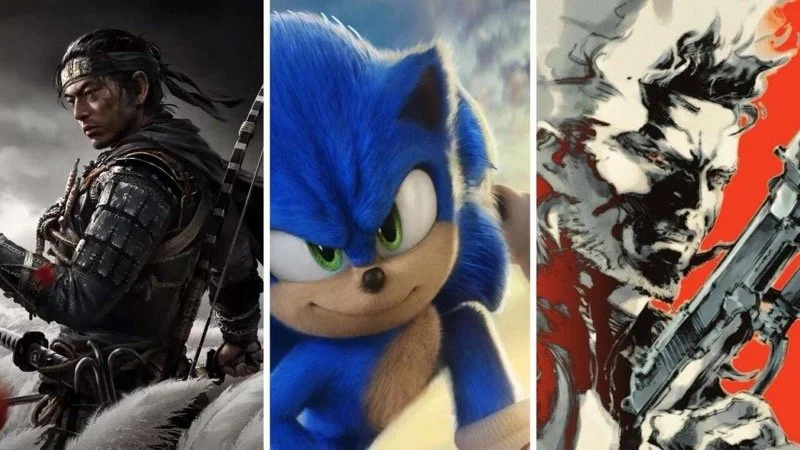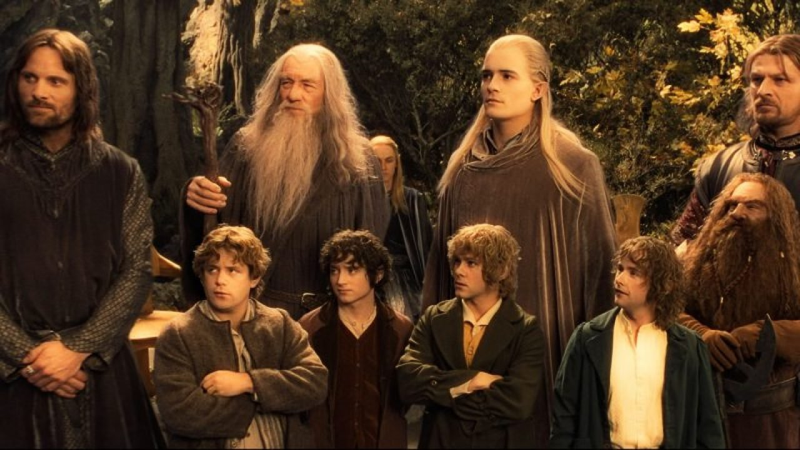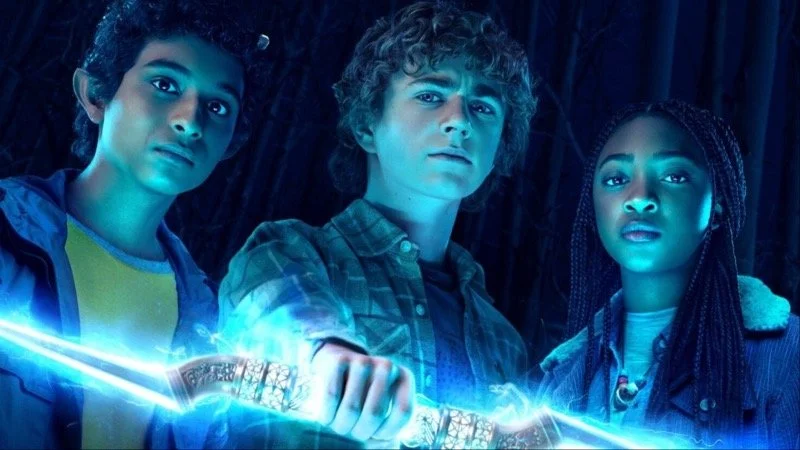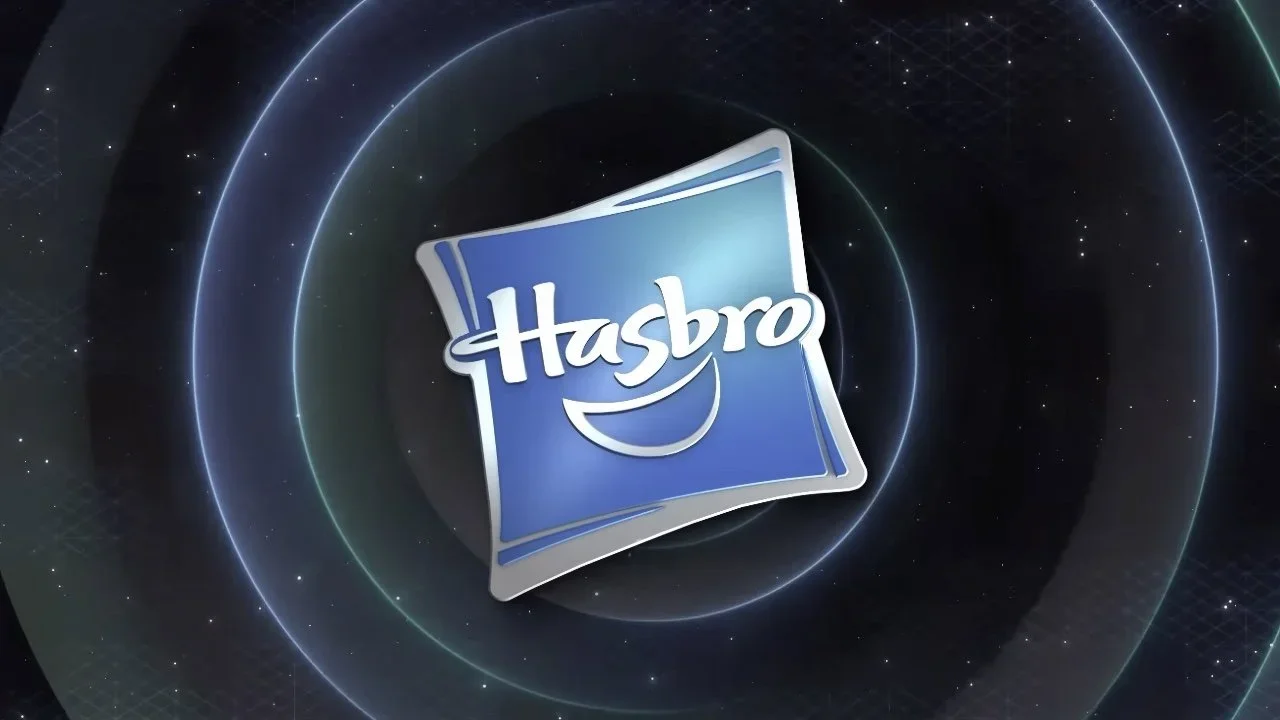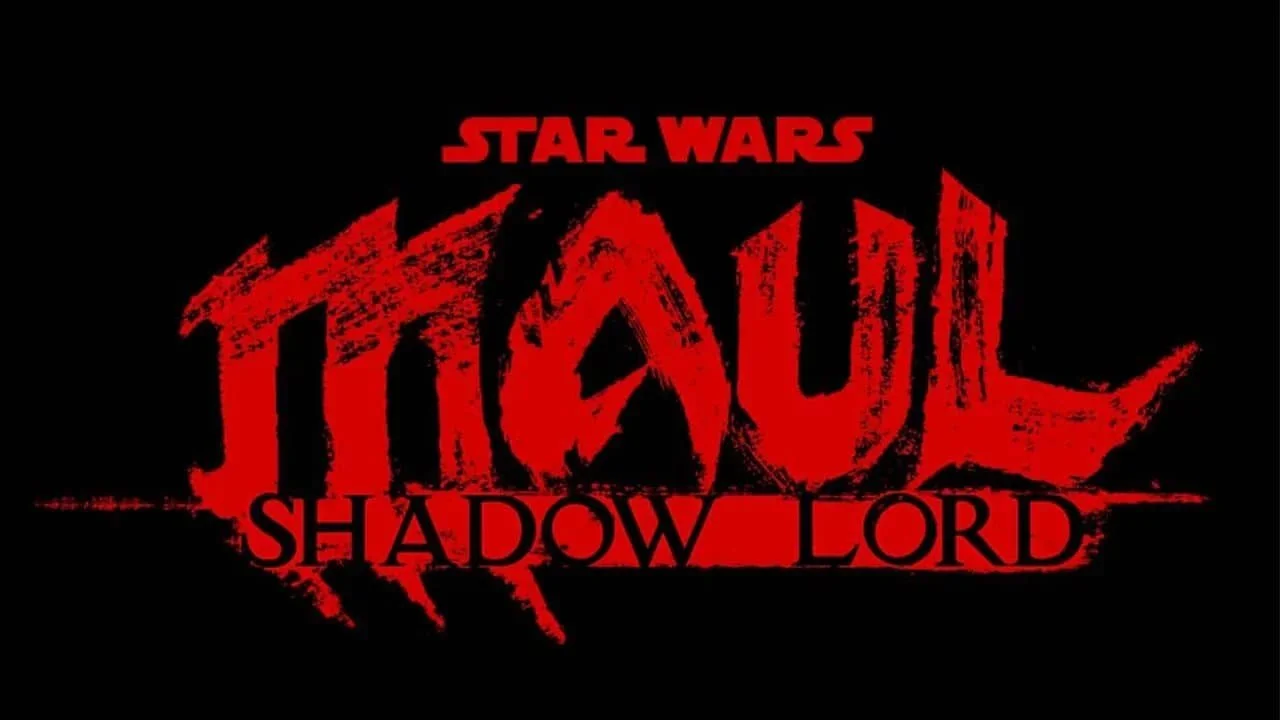Loose Vs Direct Adaptation: What's The Difference?
Image Source: LITTAFI
Have you ever heard someone say Hollywood should have never made that into a movie? More than likely, the cause of such opinions comes down to how the viewer in question knew of the source material and whether they were expecting a loose or direct adaptation of the source material in question. What is the difference between those two terms in the industry?
Dartmouth explains the concept of adaptation (mainly in the context of film, but it also applies to television) as “a pre-existing work that has been made into a film.” According to Dartmouth, this can include “musical theater, bestselling fiction [genre and literary], non-fiction, comic books, and computer [video] games” to name a few.
RELATED:
Image Source: GameSpot
A loose adaptation means that the film or television series is based on media such as the ones described above. The result of a loose adaptation is meant to either invite folks who may be unfamiliar with the print work or bring in those who perhaps enjoyed the source material but are expecting or at least accepting that there will likely be notable differences. To loosely adapt means that the filmmakers are aiming to share a new perspective and/or deviate in significant ways in terms of the “original’s” storyline, themes, and character development. In short, a loose adaptation allows for creative leniency for artistic exploration. By contrast, direct adaptation is when filmmakers use and rely heavily on source material to keep the television and/or film version as true to the original work as possible.
The source material is often many times removed if you consider instances when works such as Bram Stoker’s Dracula, Mary Shelley’s Frankenstein, and Arthur Conan Doyle’s Sherlock Holmes stories have been told and retold in some capacity for each new generation to enjoy. Shakespeare is another example, as his work has had many adaptations on both stage and in Hollywood. Margaret Atwood’s Handmaid’s Tale captured a whole new generation of fans for her work. J.R.R. Tolkien’s The Hobbit, The Lord of the Rings, and the recent Amazon Prime Video Series The Rings of Power are other examples. More contemporary illustrations are depicted in J.K. Rowling’s Harry Potter series, Stephanie Meyer’s Twilight, Suzanne Collins’s The Hunger Games, and Rick Riordan’s Percy Jackson.
Image Source: TV Insider
Stephen King’s work is no stranger to adaption as well. And, of course, Star Wars has had many reverse adaptations, meaning George Lucas’s original ideas and films have been jumping points for novels, comic books, and video games. Additionally, comic book movies and television shows have enjoyed adaptation for each new generation. For example, the Spider-Man I grew up with is not the same as the one my teen or even little kids enjoy now.
Michael Connelly’s The Lincoln Lawyer has found success in both film and television. The Lincoln Lawyer graced the silver screen in 2011, with Matthew McConaughey bringing to life the titular character, Mickey Haller. Manuel Garcia-Rulfo suited up for the Netflix version of the law procedural that recently left fans with a major cliffhanger awaiting the inevitable greenlight for a fourth season. Concerning loose versus direct, it is arguable that the film was a more direct account of the novel series by Connelly. It is interesting to compare it to the Netflix drama as it appears looser in storyline and character development/arcs, yet it is clear that the showrunners draw inspiration from Connelly’s source material.
BookTok is currently all fired up to see the Romantacy obsession that is Fourth Wing receive a television adaptation.
Image Source: Nerd Initiative
Now that we have an eclectic sampling of adaptations, let’s take a closer look at Middle-earth. Tolkien’s The Hobbit is arguably one of the most well-known examples of a loose novel-to-screen adaptation. The fandom is often split when it comes to this re-working. The consensus is admiration for the book, with one camp showing love for the live-action films and/or the animated tale and one who felt the former did not do the story justice on screen. One source discusses in depth that the animated film, by contrast to its live-action counterpart, was actually beat for beat in line with the novel, with only one discrepancy in the final battle, meaning it was truer to Tolkien’s bedtime story. The Lord of the Rings is an example of a fairly direct adaptation, while its latest prequel in the franchise, The Rings of Power, is a looser take that still relies heavily on the source material, i.e., the appendices in The Lord of the Rings.
To shift from the lore of Middle-earth to Greek mythology, another prominent example of debate on adaptation from novel to screen is Rick Riordan’s Percy Jackson. Not only were diehard fans of the books unhappy with the films, but so was the book’s author. Percy Jackson: The Lightning Thief (2010) and Percy Jackson: Sea of Monsters (2013) were fun films for the novice without prior knowledge of the YA novel series, as these loose adaptations were significantly different from the books. Lovers of the series, however, would feel seen many years later when the franchise was revisited through Disney+ with a much more direct take on Riordan’s source material.
Image Source: IGN
When it comes to preferences between loose and direct adaptation to television and film, it really is to each their own. The purpose of novels and cinemas is to entertain and often provoke imagination and thought. Many fans hold strong opinions when they love a book and do not get to see the full tale come to life on screen. On the other hand, some folks who never cared to read the original source material still enjoy the screen adaptation despite it straying from the original work. It is acceptable to conclude that both points of view are valid. Get out there and find what you love, add that theater butter to your popcorn, and savor the titles in television or film that make your heart happy!
READ NEXT:
Sources: Dartmouth, Pressbooks, Litreactor, The Anchor, IMDb, CBR, ScreenRant 1, 2



